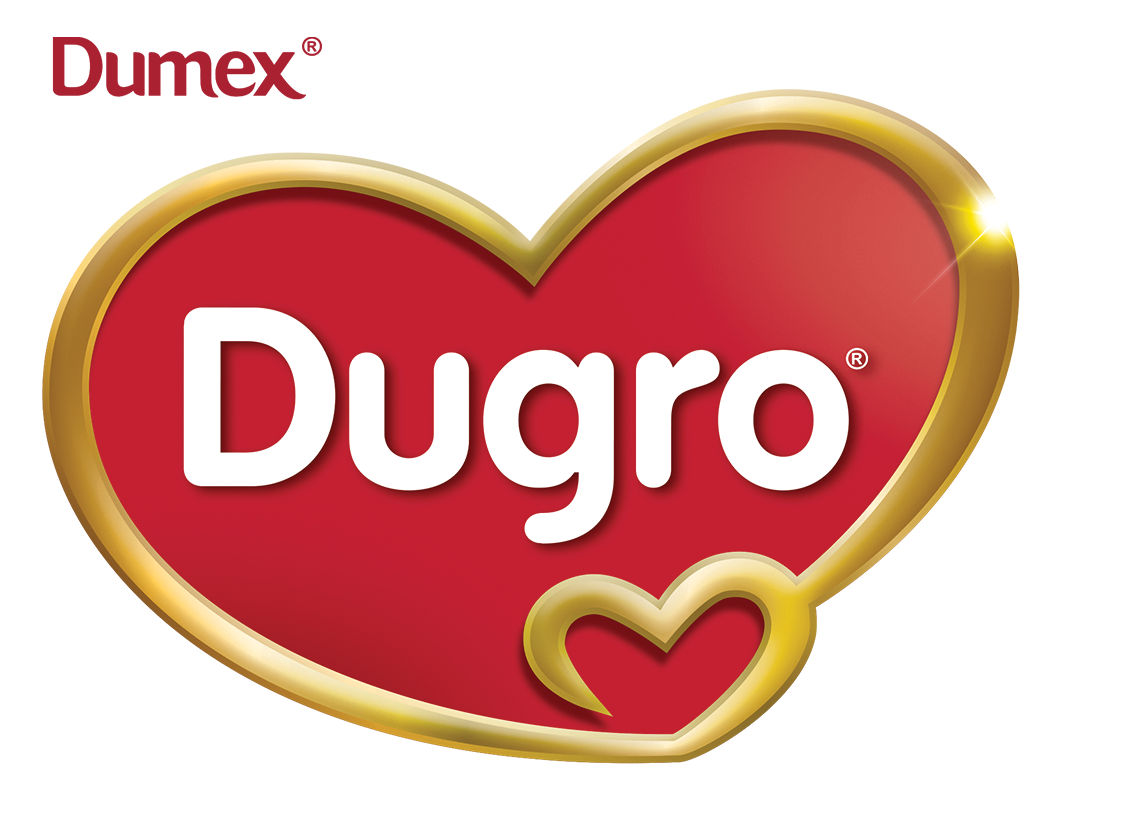Sources
References:
1 Grice EA, Segre JA. The human microbiome: our second genome. Annu Rev Genomics Hum Genet. 2012;13:151-70
2 Bäckhed F, Ley RE, Sonnenburg JL, Peterson DA, Gordon JI. Host-bacterial mutualism in the human intestine. Science 2005;307:1915-1920
3 Bischoff S. Gut Health: A new objective in medicine? BMC Med. 2011; 9:24
4 Ziegler, E.E. and S.J. Carlson, Early nutrition of very low birth weight infants. J Matern Fetal Neonatal Med, 2009. 22(3): p. 191-7
5 Kashyap, S., et al., Growth, nutrient retention, and metabolic response in low birth weight infants fed varying intakes of protein and energy. J Pediatr, 1988. 113(4): p. 713-21
6 Hurtado EK, Claussen AH, Scott KG. Early childhood anaemia and mild and moderate mental retardation. Am J Clin Nutr 1999; 69:115-119
7 Kashyap, S., et al., Growth, nutrient retention, and metabolic response in low birth weight infants fed varying intakes of protein and energy. J Pediatr, 1988. 113(4): p 713-21
8 Furness JB, Kunze WA, Clerc N. Nutrient tasting and signalling mechanisms in the gut. II. The intestine as a sensory organ: neural, endocrine, and immune responses. AM J Physiol. 1999 Nov; 277 (5 Pt 1): G922-8
9 Wopereis H, Oozeer R, Knipping K, Belzer C, Knol J. The first thousand days – intestinal microbiology of early life: establishing a symbiosis. Pediatr Allergy Immunol. 2014 Aug;25(5):428-38.
10 Fiocchi A, Pawankar R, Cuello-Garcia C, etal. World Allergy Organization – McMaster University Guidelines for Allergic Disease Prevention (GLAD-P): Probiotics. World Allergy Organ J. 2015 Jan 27;8(1):4
11 Baganz NL, Blakely RD. A dialogue between the immune system and brain, spoken in the language of Serotonin. ACS Chem Neurosci. 2013 Jan 16; 4(1):48-63
12 Goyal RK, Hirano I. The enteric nervous system. N Engl J Med. 1996 April 25; 334(17):1106-15






